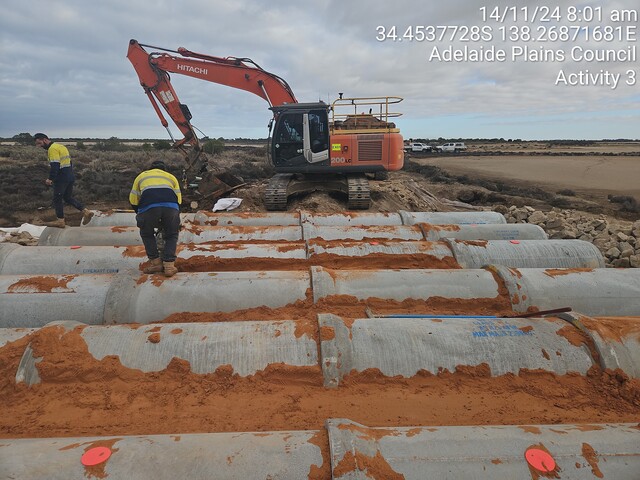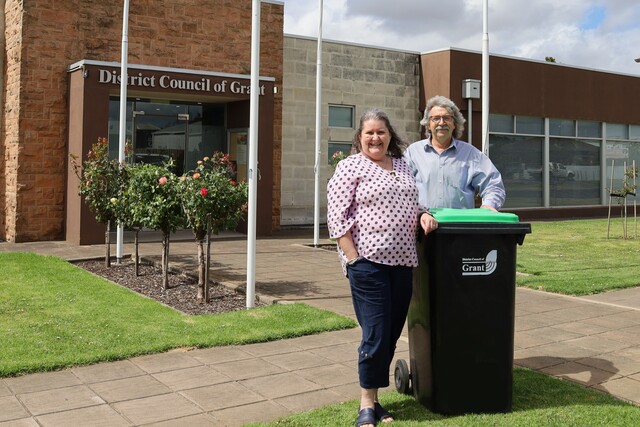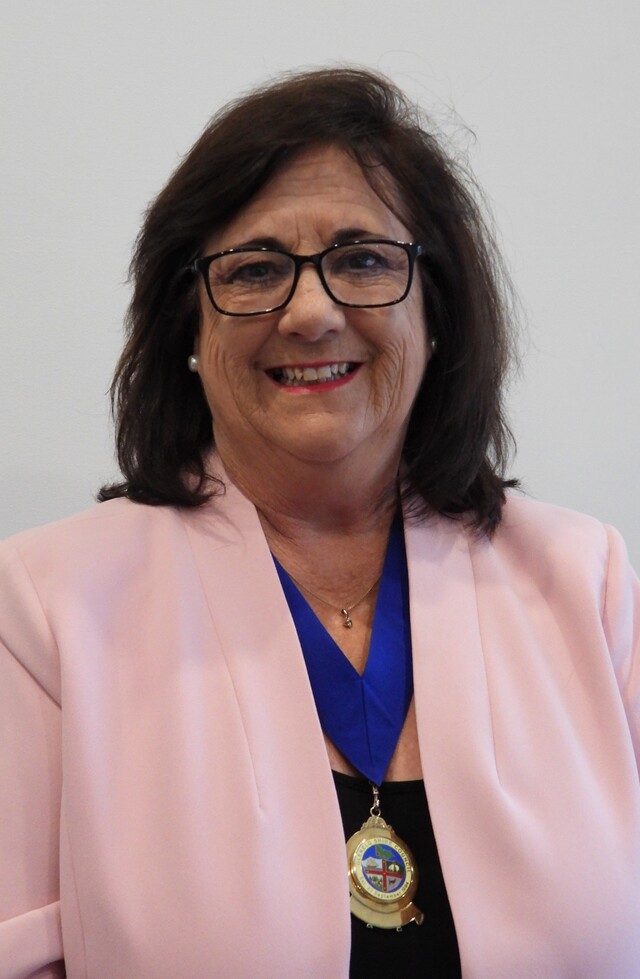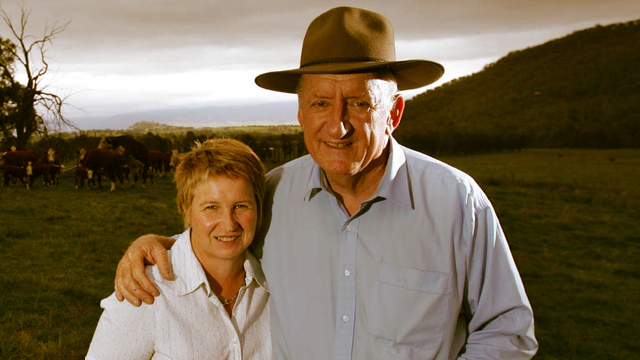On 7 April, the Prime Minister announced a commitment of $365.8 million over four years for the continuation of the Stronger Families and Communities Strategy, to provide better opportunities for thousands of Australian children and families through innovative grassroots projects. Going forward for the next four years, the Strategy will have particular emphasis on early childhood initiatives and resources that can be used to achieve better outcomes for children and their families. Strong families with healthy, well adjusted children require strong, stable communities in which to grow. To this end, the Strategy also continues to support communities and initiatives building capacity, leadership and mentoring. The focus on early childhood development in the new Strategy has been guided by the latest research and the consultation feedback from the National Agenda for Early Childhood.
Funding will target four key initiatives
Communities for Children ($110 million) will target up to 35 disadvantaged communities providing funding of up to $4 million for local early childhood initiatives. A facilitating non government organisation will be engaged to work with local stakeholders to deliver early childhood development programs and services. The facilitating organisation will be responsible for the brokerage of funds to other stakeholders.
Early Childhood – Invest to Grow ($70.5 million) will provide funding for national early childhood programs and resources. This initiative supports the rollout of successful and developing early childhood programs focused on early intervention. It will fund the development of resources or tools for parents, community groups and professionals working in the area of early childhood.
Local Answers ($60 million) supports local, small scale initiatives that are developed by local organisations. It will fund a diverse range of programs, from mentoring and leadership, to volunteering and community building. The initiative focuses on opportunities that communities can create for themselves in partnership with Local Government, business and community organisations.
Choice and Flexibility in Child Care ($125.3 million) will continue the ground breaking work of the first Strategy in providing innovative and flexible child care solutions. It will expand the in-home care initiative to help families with no other child care options. It will provide incentives to establish long day care centres in areas of high demand and will continue the current Quality Assurance System.
At the launch of the Strategy, the Prime Minister announced the first organisations and projects to be funded under each of the initiatives.
The first seven local organisations to receive funding under the Communities for Children initiative are:
- Anglicare Tasmania (Launceston and surrounds)
- YWCA NSW (Lismore)
- Mission Australia (Miller and surrounds, western Sydney, NSW)
- Kilmany UnitingCare (Shire of East Gippsland, Victoria)
- Lifeline (Coomera, Cedar Creek and surrounds, Queensland)
- The Smith Family (northern metropolitan Perth suburbs – Girrawheen, Koondoola, Balga and Mirrabooka)
- UnitingCare Wesley Port Adelaide (north western Adelaide).
The first six projects to receive funding under the Early Childhood – Invest to Grow initiative are:
- Supporting Confident Parenting in the Early Years (Northern Rivers Division of General Practice)
- National Aboriginal Sports Corporation Australia
- Parenting Information Web site
- Networking Practitioners, Researchers and Policy Makers (Australian Research Alliance for Children and Youth)
- Development of a National Indigenous Children’s and Family Resource Centre (Secretariat for National Aboriginal and Islander Child Care)
- Good Beginnings Australia.
The first 14 projects to be funded under the Local Answers initiative are:
- Strengthening Mining Families in the Eastern Goldfields Project (Eastern Goldfields Division of General Practice, Kalgoorlie, WA)
- Parenting Support Services for Teenage Mums who use the Balga Senior High School Child Care Services (Balga Senior High School Child Care Centre, WA)
- Cystic Fibrosis Family Support Project (Cystic Fibrosis South Australia)
- Parents and Kids Together Project (Colony 47, Glenorchy, TAS)
- Family as Community (Ngarkte Mikwekenhe Community Inc., NT)
- Integrated Service Response to Pregnant and Parenting Young People (Beenleigh Area Youth Service Association Inc, QLD)
- Tool Box for Blokes (Nambucca Valley Neighbourhood Centre Inc, NSW)
- Collingwood Community Information Centre (Jesuit Social Services, Richmond, VIC.
- Caring Across Communities (Carers ACT)
- l Café (Children And Families Everywhere), (Enfield Primary School, SA)
- One Stop Shop Project (Youth Information Referral Service Inc., Mackay, QLD)
- Support at Home for Early Language and Literacies Project (Children and Education Research Centre, University of Newcastle, NSW)
- Tobwabba Parental Aspirations Project (Forster Local Aboriginal Land Council, NSW).
Under the Choice and Flexibility in Child Care initiative:
- Ten new in-home care services have been approved in NSW and Victoria, offering over 200 new places.
- A target of 25 new long day care centres offering at least 1,000 places has been set.
- The rollout of the Quality Assurance System will continue for family day care and outside school hours care, and the initiative will look at extending the system to other forms of care, such as Indigenous services and in-home care.
Invitations to tender for further additional sites under the Communities for Children initiative will be advertised in late May. An invitation to apply for funding under the Early Childhood – Invest to Grow initiative has been advertised and applications are available on the web site. The first round of funding applications for the Local Answers initiative were due on 14 May.
Achievements – the first four years
Since the Strategy was first announced by the Prime Minister on 16 April 2000, funding of more than $226 million has been allocated.
The Strategy has always been about empowering communities to develop local solutions to local problems.
More than 660 local projects have been funded under the Strategy, including:
- 142 Early Childhood Programs
- 99 Parenting Skills Programs
- 51 Relationship Skills Programs
- 188 Mentoring and Leadership Programs
- 97 Community Building Programs
- 63 Volunteering Programs.
Almost a quarter of the projects have been delivered in Indigenous communities and more than half in rural and remote communities. Innovative community initiatives were supported under the Can Do Communities and Sporting Heroes funding. The Strategy has also worked to encourage volunteering in Australia. More than 6,400 small grants have been provided to volunteer organisations. This has gone a long way in making volunteers’ valuable work easier, safer and more enjoyable.
Another vital part of the Strategy is the groundbreaking Longitudinal Study of Australian Children. This study will help the Government develop policy in the areas of early childhood intervention and prevention affecting health, education, child care and family support.
In the area of child care, the Strategy engaged 79 service providers offering 4,400 in-home care places and approved 19 providers offering 743 long day care places in rural and regional areas. The Quality Assurance System has also been extended to family day care and outside school hours care.
For more information on the Strategy and access to Guidelines and Application Forms, visit the Strategy web site at www.facs.gov.au/sfcs







